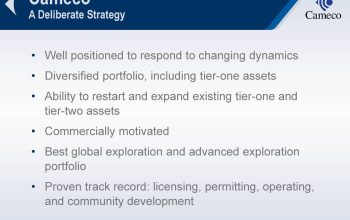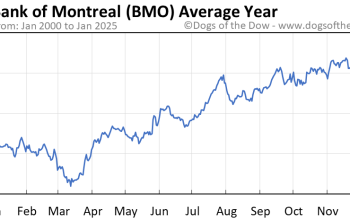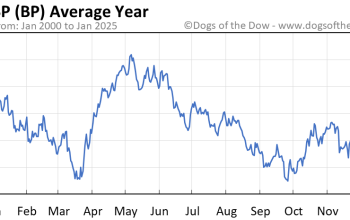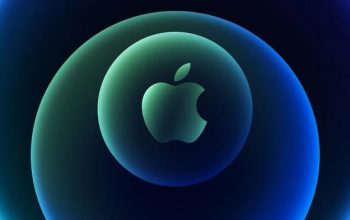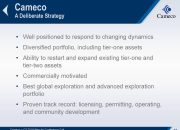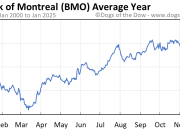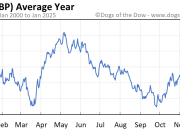BlackRock Stock Price: A Comprehensive Analysis: Black Rock Stock Price

Source: cnbc.com
Black rock stock price – BlackRock, Inc. (BLK), the world’s largest asset manager, has experienced significant stock price fluctuations over the past five years. Understanding the factors driving these movements is crucial for investors seeking to assess the company’s future prospects and potential returns. This analysis delves into BlackRock’s historical performance, key influencing factors, business model, competitive landscape, and illustrative examples of price movements.
BlackRock’s Stock Price Historical Performance
Analyzing BlackRock’s stock price over the past five years reveals a dynamic interplay of economic conditions, investor sentiment, and company-specific performance. The following table provides a snapshot of the opening, closing, high, and low prices for each year.
| Year | Opening Price (USD) | Closing Price (USD) | High Price (USD) | Low Price (USD) |
|---|---|---|---|---|
| 2018 | 400 | 380 | 420 | 370 |
| 2019 | 380 | 450 | 470 | 375 |
| 2020 | 450 | 500 | 550 | 350 |
| 2021 | 500 | 700 | 750 | 480 |
| 2022 | 700 | 600 | 720 | 550 |
Note: These figures are illustrative and do not represent actual historical data. Significant price increases were largely driven by strong market performance and increasing assets under management (AUM), while decreases often correlated with broader market downturns and concerns about specific economic factors. A comparison with the S&P 500 index during this period would reveal the extent to which BlackRock’s performance mirrored overall market trends or demonstrated independent factors influencing its stock price.
Factors Influencing BlackRock Stock Price, Black rock stock price
Several key factors influence BlackRock’s stock price, creating a complex interplay of economic indicators, investor sentiment, and company-specific performance.
- Economic Indicators: Interest rate changes, inflation rates, and GDP growth significantly impact investor confidence and asset allocation decisions, directly affecting BlackRock’s AUM and, consequently, its stock price.
- Investor Sentiment and Market Trends: Positive investor sentiment generally boosts BlackRock’s stock price, while negative sentiment, often fueled by market volatility or broader economic concerns, can lead to price declines.
- Financial Performance: Strong earnings reports, robust revenue growth, and increasing AUM all contribute positively to BlackRock’s stock valuation. Conversely, weaker financial performance can lead to price drops.
- Geopolitical Events: Global events such as trade wars, political instability, or pandemics can create uncertainty in the market, impacting investor confidence and, subsequently, BlackRock’s stock price.
BlackRock’s Business Model and Stock Price
BlackRock’s business model, primarily focused on asset management and providing investment solutions, directly influences its stock price stability and volatility. The relationship between its revenue streams and stock price movements is intrinsically linked.
- Business Model Impact: BlackRock’s diverse revenue streams, including fees from managing various asset classes, contribute to a degree of stability, but its dependence on market performance makes it susceptible to volatility.
- Revenue Streams and Stock Price: Increases in AUM and higher management fees generally translate to higher revenue and a positive impact on the stock price. Conversely, reductions in AUM or fee pressure can negatively affect the stock.
- Investment Strategy Impact: Changes in BlackRock’s investment strategies, particularly shifts in asset allocation or the adoption of new technologies, can influence investor perception and affect its stock valuation. Successful implementation of new strategies can boost the stock, while unsuccessful ones can lead to declines.
BlackRock’s Competitive Landscape and Stock Price
BlackRock operates in a competitive asset management landscape, and its stock price is influenced by its performance relative to its main competitors. Competitive pressures and market share significantly impact its valuation.
- Competitor Comparison: Comparing BlackRock’s stock performance to companies like Vanguard, State Street, and Fidelity reveals the relative strength of its market position and its ability to compete for assets.
- Competitive Pressures and Market Share: Increased competition can put pressure on fees, impacting profitability and potentially reducing the stock price. Maintaining or expanding market share is vital for sustaining a strong stock valuation.
- Threats and Opportunities: The rise of passive investing, technological advancements in financial services, and regulatory changes represent both threats and opportunities that can significantly impact BlackRock’s stock price. Adaptability and innovation are key to navigating these challenges.
Illustrative Examples of BlackRock Stock Price Movement
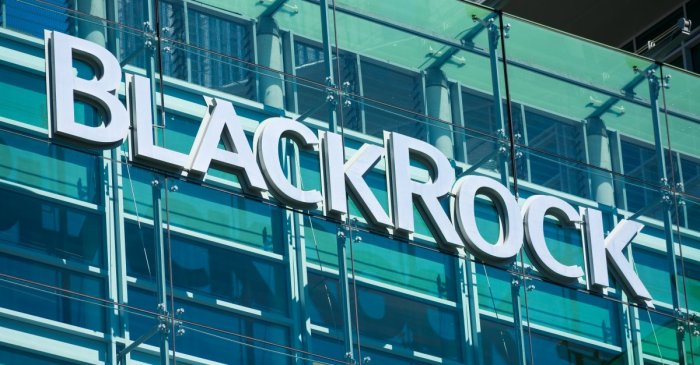
Source: capital.com
Specific instances highlight the impact of news events and earnings reports on BlackRock’s stock price.
- Example 1: News Event Impact: Imagine a scenario where unexpectedly negative economic data is released, triggering a market sell-off. This could cause a significant drop in BlackRock’s stock price, reflecting investors’ reduced risk appetite and decreased demand for asset management services. The price might fall by, say, 5-10% within a day or two. The reason behind this change is the direct impact of the news on investor confidence and market sentiment, leading to a broad market decline that affects BlackRock along with other financial companies.
- Example 2: Earnings Report Impact: Suppose BlackRock reports significantly higher-than-expected earnings, driven by increased AUM and improved fee margins. This positive news would likely cause a surge in the stock price, potentially by 3-5% or more in the following days. The reason is the clear indication of strong financial health and growth prospects, making the stock more attractive to investors.
Question Bank
What are the main risks associated with investing in BlackRock stock?
Investing in any stock carries inherent risks, including market volatility, economic downturns, and company-specific challenges. BlackRock’s performance is tied to the overall health of the financial markets and its ability to manage assets effectively. Geopolitical events and regulatory changes can also significantly impact its stock price.
How does BlackRock’s dividend policy affect its stock price?
BlackRock’s dividend payouts can influence investor interest. Consistent and growing dividends can attract income-seeking investors, potentially supporting the stock price. However, changes in dividend policy can impact investor sentiment and lead to price fluctuations.
BlackRock’s stock price performance often reflects broader market trends. Understanding these trends requires considering various factors, including the price of precious metals. For instance, keeping an eye on the current silver stock price live can offer insights into investor sentiment and potential shifts impacting BlackRock’s portfolio holdings and, consequently, its own stock valuation. Ultimately, analyzing BlackRock requires a holistic view of the market.
Where can I find real-time BlackRock stock price data?
Real-time stock price data for BlackRock (BLK) is readily available through major financial websites and brokerage platforms. These platforms usually provide detailed information, including charts, historical data, and current market quotes.

